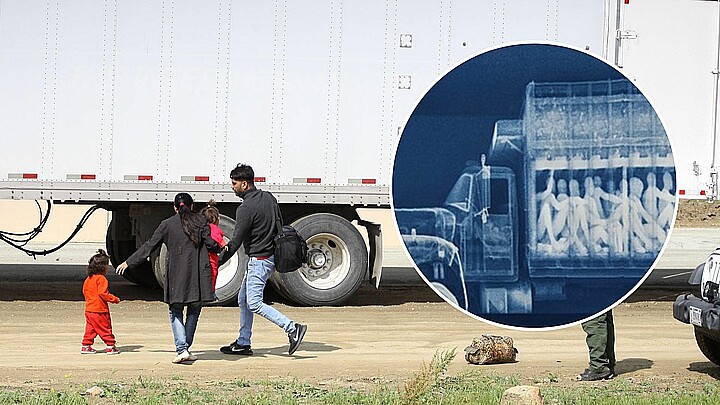Immigration
Biden urges Mexico to take more migrants from Venezuela, Cuba, and Nicaragua
One of the U.S. sources said that trying to convince Mexico to agree was “an uphill battle”
September 15, 2022 5:06am
Updated: September 15, 2022 2:28pm
U.S. President Joe Biden is quietly pressing Mexico to accept more migrants from Cuba, Nicaragua, and Venezuela as the number of undocumented migrants crossing the border continues to rise, Reuters reported citing seven U.S. and three Mexican officials.
During an official visit on Monday to Mexico City, U.S. Secretary of State Antony Blinken raised concerns about the large influx of migrants from the three Latin American countries.
Mexico, however, did not promise any actions, two U.S. and two Mexican officials told Reuters. One of the U.S. sources told the news outlet that trying to convince Mexico to agree was “an uphill battle.”
Mexico already accepts deported migrants from Guatemala, Honduras, and El Salvador. So far this fiscal year, about 299,000 migrants from the three Central American countries have been expelled from the U.S.
However, migrants from Cuba, Nicaragua, and Venezuela are allowed to stay in the U.S. under Title 42, which allows them to pursue asylum cases and remain in the country.
By asking for Mexico’s help in dealing with migrants from these three countries, the Biden administration is showing the depth of its concern bout their border crossings, Reuters added.
Nations in the region "have already begun to take collective responsibility to manage migration flows, including through repatriations," said a spokesperson for the White House National Security Council, while declining to discuss “diplomatic conversations” between Mexico and the U.S.
Since October, more than 1.8 million individuals have attempted to cross the border, four times more than those who were intercepted at the border in 2020. Almost a quarter of the apprehensions that have taken place this year were from Cuba, Nicaragua, and Venezuela, representing an 8% increase from 2021 and a 3% rise from 2020.










